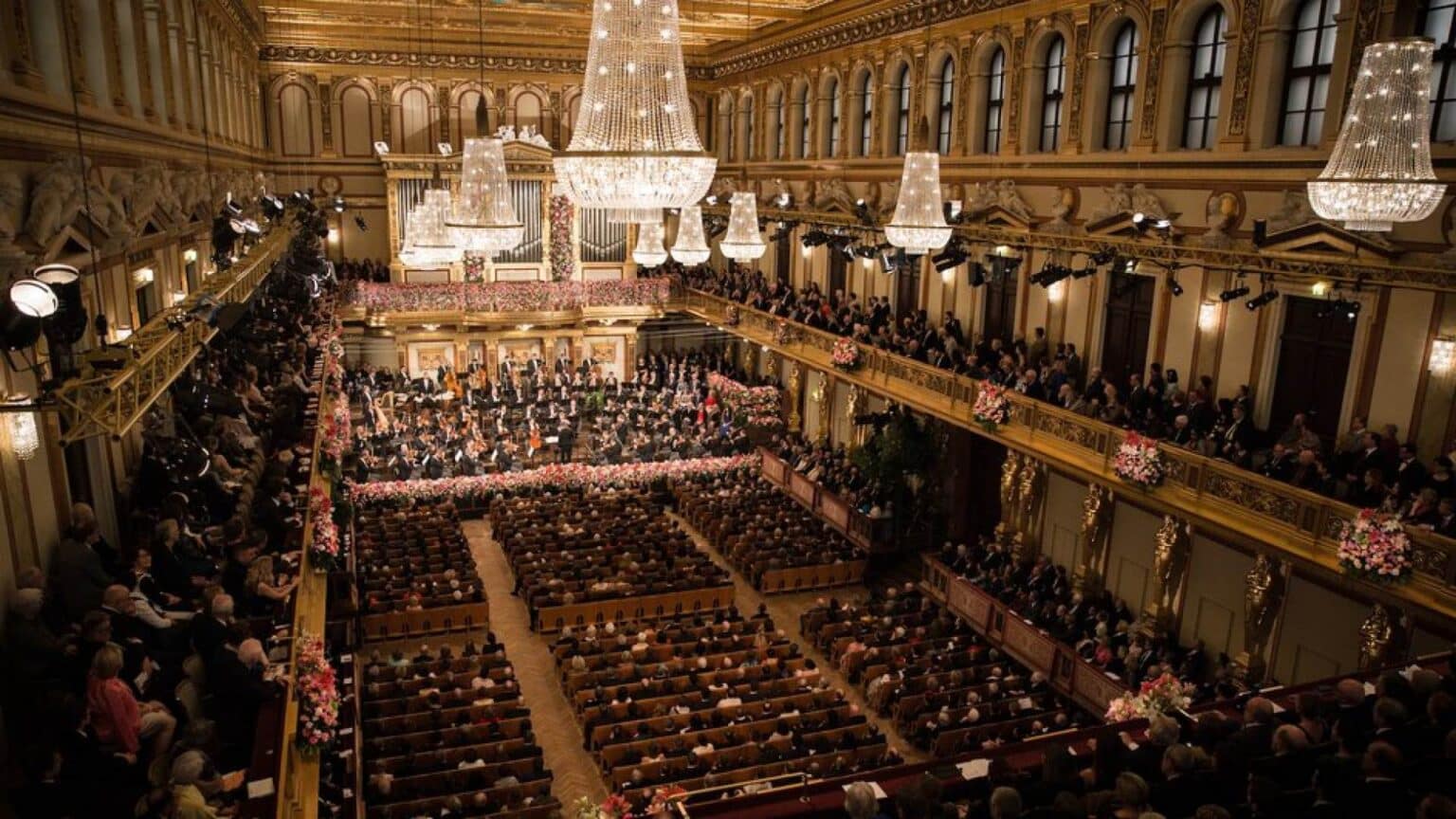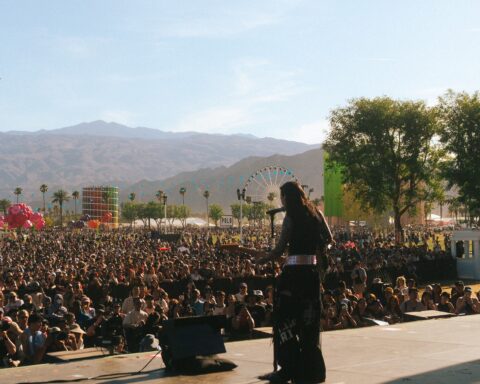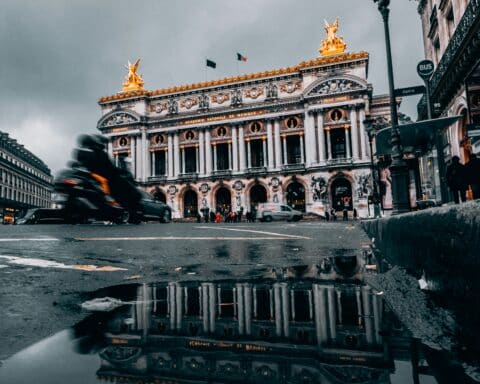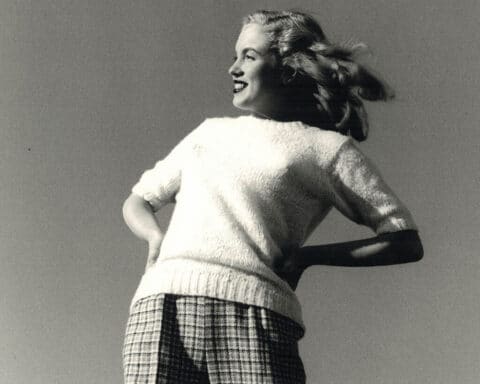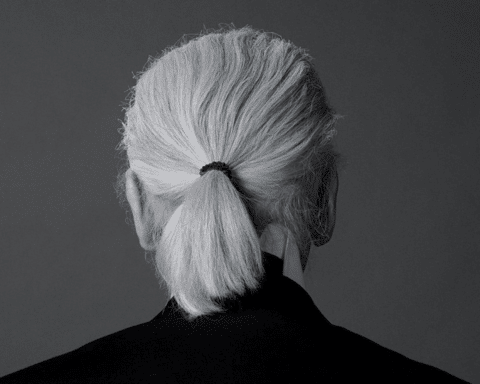The New Year’s Concert, classical music’s most prestigious annual event, took place once again on January 1 under the gilded halls of Vienna’s Musikverein. Anton Bruckner made his entry into the philharmonic repertoire, usually dominated by the eminent Strauss dynasty.
An intangible landmark in an age of chronic uncertainty, this international musical event is always packed. The only departure from its reassuring program, which focuses on Johann Strauss, Johann Strauss II, Josef Strauss and Eduard Strauss and invariably concludes with The Blue Danube followed by the Radetzky March, is the addition of nine new works this year.
Among them, Anton Bruckner, whose bicentenary is celebrated in 2024, was played for the first time at the New Year’s Concert.
With some 50 million television and radio listeners in 90 countries, the Vienna Philharmonic Orchestra’s New Year’s Concert, which takes place in the Austrian capital every year on December 30, 31 and, above all, January 1 (the only performance to be filmed live), is a must-see event for all classical music fans, layman and connoisseur alike.
Founded in 1939, but filmed since 1958, the Vienna New Year’s concert can lay claim, alongside the Eurovision Grand Prix, to the title of the oldest musical show to have been filmed, first on mondovision and then on Eurovision.
In the light of global geopolitical tensions, the 84th edition of the competition was dedicated to peace and tolerance. Symbolically, it was Christian Thielemann, the German conductor of the 2019 edition – thus preceding the confinement – who took over the baton of the prestigious orchestra.
Worthy heir to the German Kapellmeisters
A special feature of the New Year’s Concert is that each year, the musicians of the Weiner Phillarmoniker choose the conductor who will lead them on New Year’s Eve.
For the 2024 edition, their choice fell on Berlin conductor and protégé of the legendary Herbert Von Karajan Christian Thielemann. Therefore he succeeds another regular, Austrian Franz Welser-Möst.
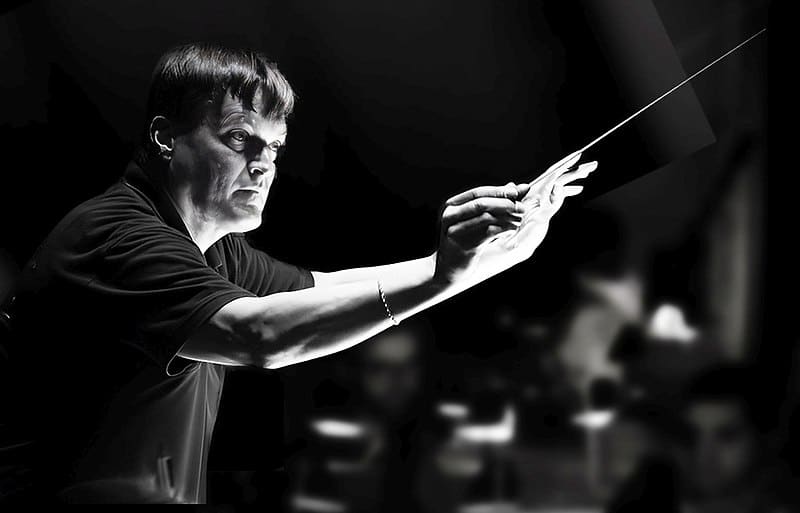
This is Christian Thielemann’s second time conducting the Vienna Philharmonic.
He likes to present himself as the worthy heir to the Kapellmeisters (literally “chapel masters”), these all-round conductors (philharmonic concerts, opera, church services) attached to a German or Austrian city, in the purest Germanic tradition.
The 64-year-old conductor is no stranger to the great German and Austrian post-romantic composers, with repertoire ranging from Richard Wagner to Johannes Brahms and Richard Strauss.
He has also recorded the complete symphonies of Anton Bruckner, the Austrian composer and organist (1884-1896), first performed at the New Year’s concert.
In September, Christian Thielemann will succeed the world-famous Daniel Barenboim as Music Director of the Berlin Staatsoper.
Principal Conductor of Dresden’s Saatskapelle since the 2011/2012 season, the Berlin maestro also conducted Berlin’s Deutsche Opera from 1997 to 2004, before becoming Music Director of the Munich Philharmonic until 2011. He made his debut with the Bayreuth Festival Ensemble. Since then, he has conducted numerous major orchestras and given subscription concerts at Vienna’s Musikverein, the Salzburg Festival and on tours of Japan, China, Europe and the USA.
Nine previously unpublished works
Since 1958, the year of its first television broadcast, the New Year’s Concert has gone from strength to strength.
So much so that each edition ends with three encore performances.
These are a fast polka followed by two major works by Johann Strauss, the world-famous Blue Danube, during which the audience applauds as an introduction, followed by the not-so-peaceful anthem, the Radetzky March, in which the audience claps its hands in rhythm with the conductor’s complicity.
At first glance, only the confetti erupting from the percussion – a grand premiere – or the choreographic tableaux of the Vienna Ballet, filmed in a postcard Austria, betray the age of the diktat of the Instagrammable image.
However, the novelty of this 84th edition lies elsewhere: in the musical programming.
No less than nine new works have made their debut this year, out of a total of fifteen.
In addition to the twelve works from the Strauss dynasty (mostly by Johann Strauss, notably his famous waltz “Wiener Bonbons”, op.307, dedicated to Princess Pauline Von Metternich), other composers were featured.
Karl Komzák II opened the first part of the concert with a quasi-military march – Erzherzog Albrecht-Marsch op. 136 – making this work resound for the first time in Vienna’s Musikverein.
Austrian composer, violinist and conductor Joseph Hellmesberger II delivered a waltz “for the whole world” (“Für die ganze Welt”).
Danish composer Hans Christian Lumbye, nicknamed the Strauss of the North, delivered a Galop: Glædeligt Nytaar! Galop.
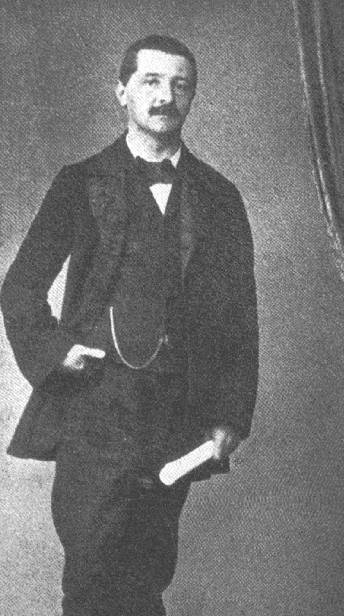
But it’s Anton Bruckner who stands out this year with a twirling, mischievous early work: a quadrille, or more precisely Quadrille WAB 121. A light work, perfect to counterbalance the current climate of geopolitical tension.
Riccardo Muti, the next maestro
After Christian Thielemann, it’s the turn of Italian maestro Riccardo Muti to take the baton for the New Year’s Concert, for the seventh time!
Indeed, the man has already conducted the prestigious orchestra in 1993, 1997, 2000, 2004 , 2018 and 2021.
According to violinist and orchestra director Daniel Froschauer, “as an honorary member of the orchestra since 2011, Riccardo Muti has helped shape the orchestra’s repertoire and sound in a unique way.”
He will have the onerous task of celebrating the bicentenary of Johann Strauss II, whose works stand out as staples of the New Year’s Concert repertoire.
Read also > 31 GOOD REASONS TO BE IN 2024! – PART 1/2
Featured Photo: © Philip Waldman/Musikverein




